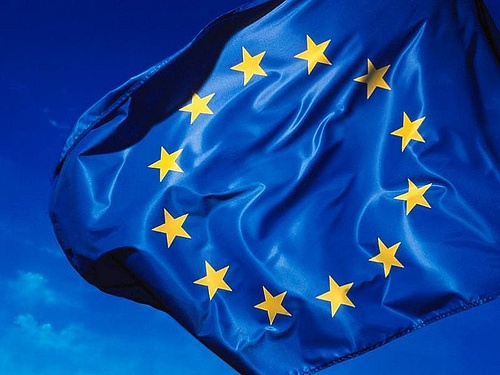The European Commission (EC) and the International Monetary Fund (IMF) have signed a grant agreement for an €8 million (US$8.7 million) capacity development programme on fiscal reforms in South-eastern Europe (SEE).
In Bosnia and Herzegovina, the programme aims to contribute to the modernisation of systems and procedures related to public financial management (PFM) and revenue administration, with the overall objective to make management of public funds more effective, predictable and transparent. To achieve this, the programme will finance a broad range of technical assistance activities supporting reforms in these areas. The programme will address individual reform needs at the different levels of authority in BiH.
IMF Deputy Managing Director, Carla Grasso, said: “We are extremely grateful for the European Union’s (EU) support for this programme, which will benefit Albania, Bosnia and Herzegovina, Kosovo, the former Yugoslav Republic of Macedonia, Montenegro, and Serbia. The IMF’s engagement with these countries since the beginning of their transition process has included, inter alia, a considerable amount of technical assistance (TA) on public financial management (PFM) and revenue administration both from IMF headquarters and through regional and country advisors (short- and long-term). Partnering with the EU will provide the IMF with more resources to respond to the capacity development needs of the region, thus helping governments to better implement policies and manage their budgets in a more efficient and effective manner to the benefit of their citizens.”
Johannes Hahn, Commissioner for Neighbourhood Policy and Enlargement Negotiations, said: “Strengthening public financial management (PFM) is one of the core priorities of the EU’s strategy on enlargement. It is essential to deliver macro-economic stability, improve transparency and effectiveness in managing public funds and delivering better services to citizens, and is a pre-condition for sustainable growth. Given the IMF’s expertise and track record on economic governance, I am delighted to team up with them under this programme. This cooperation will enable us to achieve our joint objectives and further help the countries in the region as they seek EU membership.”
Background Information
Supporting macroeconomic and public finance institutions and policies in member and partner countries has long been a common objective of the IMF and the EU. The EU/IMF partnership has intensified in the last five years with the organizations supporting each other’s work through the complementarities of EU budget support and IMF lending programmes. Both organizations engage in regular consultations at the staff and management levels, and recent collaborations include the development of an EU exogenous shocks facility and the Tax Administration Diagnostic Assessment Tool.
The EU is now the second largest contributor to IMF capacity development, with contributions of about US$150 million to date. Because of its significant global presence, the EU is also the largest contributor to the IMF’s network of nine regional technical assistance centres, particularly in Africa. The EU also contributes to almost all of the IMF’s topical and country trust funds, as well as to a range of bilateral projects, mostly in African, Caribbean, and Pacific countries, but also in EU member and enlargement countries.

